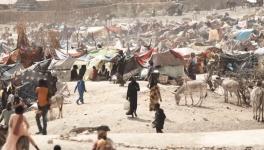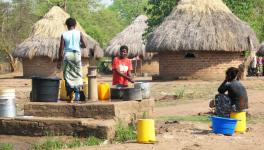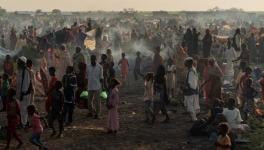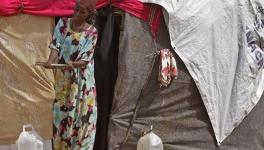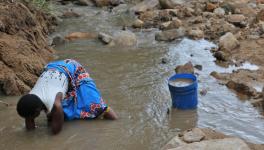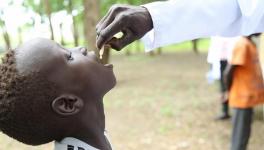Concerns Grow Over Global Cholera Trends
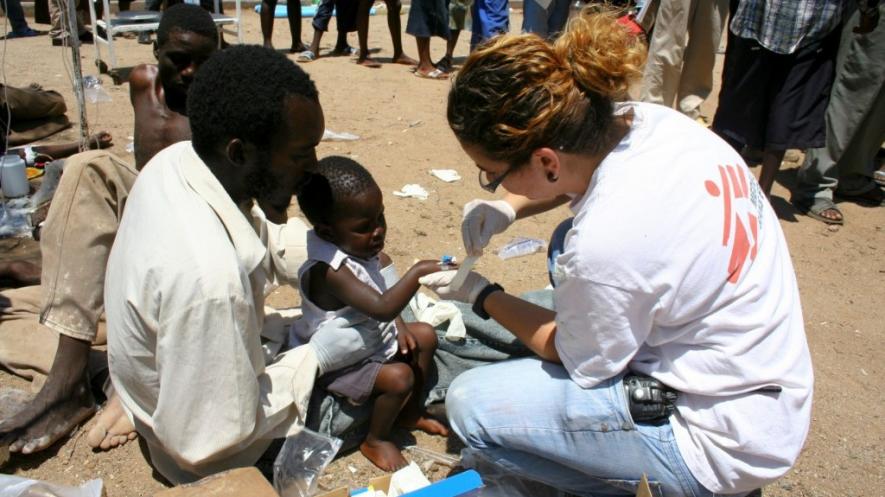
A Zimbabwean child is treated for cholera. File Photo: Médecins Sans Frontières
Countries in eastern and southern Africa are bearing the brunt of the ongoing global cholera resurgence. In 2023, these countries accounted for 75% of the fatalities and one-third of the cases, according to United Nations data. During thi8s period, the world recorded 667,000 cholera cases and 4,000 deaths.
The outbreak in Malawi killed over 1,500 people, while in Haiti, over 1,000 patients died from the disease. In Sudan, between September and December 2023, 200 people died from cholera, a disease that can be controlled simply by ensuring access to clean water and adequate sanitation. However, the current outbreak situations are far from simple, often occurring in contexts of armed conflict where displaced people live in overcrowded settings.
“The growing frequency and complexity of these requests, along with the contexts in which they occur, pose additional challenges, particularly concerning vaccine shipment logistics and on-ground implementation,” warned the World Health Organization (WHO).
In other cases, cholera emerges after extreme weather events like storms and flooding, exacerbated by climate change. This is evident in Zambia, where cholera has claimed 412 lives since the outbreak announcement in October 2023. The intensity of the outbreak is linked to heavy rains and flooding, resulting in a national school closure until the end of January 2024 and the conversion of sports facilities into treatment centers.
With a fatality rate of approximately 4% — compared to the standard <1% — the outbreak in Zambia is a significant cause for concern. Public health authorities have received 1.4 million vaccine doses through WHO mechanisms, but these alone will not be enough to stop the spread of the disease.
“Governments and agencies in the region need immediate funding to swiftly implement activities and projects that would help improve people’s hygiene and access to clean water, since these two factors are key in the fight against the spread,” said Machinda Marongwe, Oxfam Southern Africa Programme Director.
On the other hand, the WHO continues to express concern about the availability of cholera vaccine stocks. In 2023, the UN health agency modified its recommendations to allow for a single-dose regimen instead of the previous two-dose one. Last year, 12 countries submitted 30 requests for the dispatch of oral cholera vaccine to the WHO. “A total of 33 million doses were dispatched, fully allocating the available stockpile.”
Estimates suggest that vaccine shortages might persist for the next year or more. While awaiting additional stocks, governments and international actors must strengthen their efforts to ensure dignified living conditions for all.
People’s Health Dispatch is a fortnightly bulletin published by the People’s Health Movement and Peoples Dispatch. For more articles and to subscribe to People’s Health Dispatch, click here.
Get the latest reports & analysis with people's perspective on Protests, movements & deep analytical videos, discussions of the current affairs in your Telegram app. Subscribe to NewsClick's Telegram channel & get Real-Time updates on stories, as they get published on our website.









